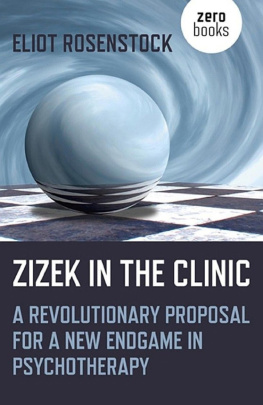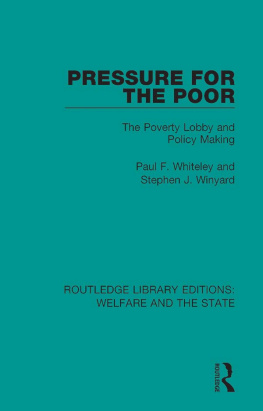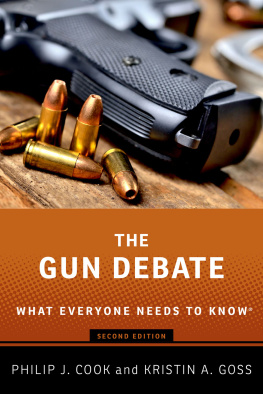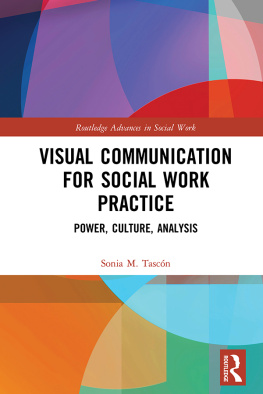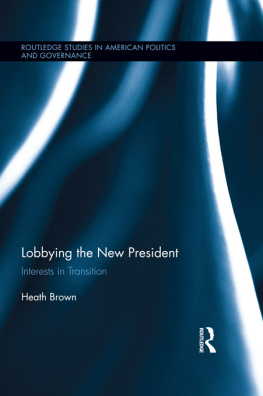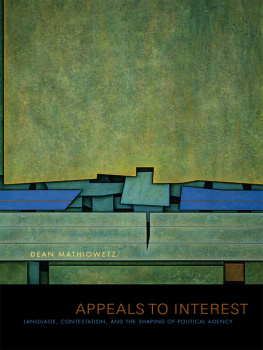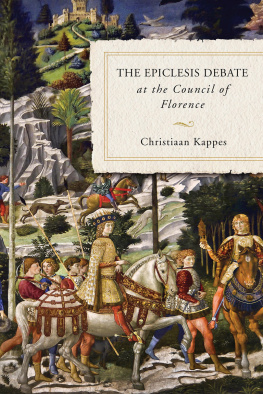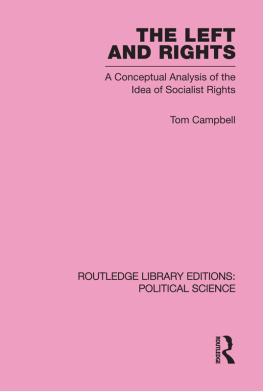Eliot Rosenstock - The Ego And Its Hyperstate: A Psychoanalytically Informed Dialectical Analysis of Self-Interest
Here you can read online Eliot Rosenstock - The Ego And Its Hyperstate: A Psychoanalytically Informed Dialectical Analysis of Self-Interest full text of the book (entire story) in english for free. Download pdf and epub, get meaning, cover and reviews about this ebook. City: Winchester, year: 2021, publisher: Zero Books, genre: Science. Description of the work, (preface) as well as reviews are available. Best literature library LitArk.com created for fans of good reading and offers a wide selection of genres:
Romance novel
Science fiction
Adventure
Detective
Science
History
Home and family
Prose
Art
Politics
Computer
Non-fiction
Religion
Business
Children
Humor
Choose a favorite category and find really read worthwhile books. Enjoy immersion in the world of imagination, feel the emotions of the characters or learn something new for yourself, make an fascinating discovery.

- Book:The Ego And Its Hyperstate: A Psychoanalytically Informed Dialectical Analysis of Self-Interest
- Author:
- Publisher:Zero Books
- Genre:
- Year:2021
- City:Winchester
- Rating:5 / 5
- Favourites:Add to favourites
- Your mark:
The Ego And Its Hyperstate: A Psychoanalytically Informed Dialectical Analysis of Self-Interest: summary, description and annotation
We offer to read an annotation, description, summary or preface (depends on what the author of the book "The Ego And Its Hyperstate: A Psychoanalytically Informed Dialectical Analysis of Self-Interest" wrote himself). If you haven't found the necessary information about the book — write in the comments, we will try to find it.
The Ego and its Hyperstate gives a psychoanalytic exploration into the role of self-interest in ideals by placing the Ego centre stage. Reflection on what drives people to pull down statues and how control is wielded by subjects-supposed-to-know couldnt come at a better time. As we are deep into the corona crisis we find ourselves in heated exchanges about our ideals, whether its QAnon influenced family or the contemporary feminist debate. Analysis of the Egos influence is essential for those in activist circles if they are to enact their goals effectively. The need of which is evident within the ideologically ravaged arena of sex workers rights. This increasingly radicalised debate sees interest groups claiming to hold the true masters of knowledge ergo those with the most valid voice. This exact process then impacts how states implement the law. A reflection on how our Ego influences real world politics and how ideals fuel social dynamics can only help in a time when our voices are the loudest but we are the most alone. Misha Mayfair
The Ego And Its Hyperstate is a unified theory of psychological and ethical egoism which posits self-interest. The dialectical dream theory sets its sights against capitalist notions of the self-interest contra the other, not simply with moralism, but with a more accurate analysis of the subject of self-interest than has been provided by capitalists and anarchist theorists alike. Through the lens of psychoanalysis and Hegelian dialectical logic, the process of self-interest as the ground of all human existence reveals itself. Eliot Rosenstock has a symptom he wants you to know about: he wants you to know how the nature of self-interest strikes through the notions of pure duty and state worship, he wants to bring in psychoanalysis and redeem dialectics in its power to reveal the universe rather than be a simple rhetorical tool, and he wants to reveal to you how the material conditions of the world, as well as psychological processes of mankind, work together to bring about all that is brought into the universe by humanity.
Eliot Rosenstock: author's other books
Who wrote The Ego And Its Hyperstate: A Psychoanalytically Informed Dialectical Analysis of Self-Interest? Find out the surname, the name of the author of the book and a list of all author's works by series.

